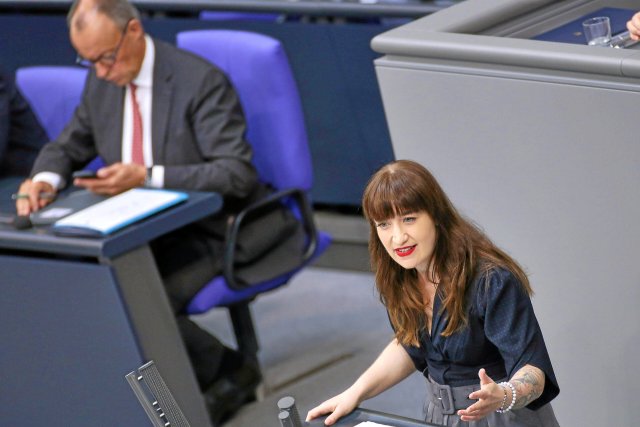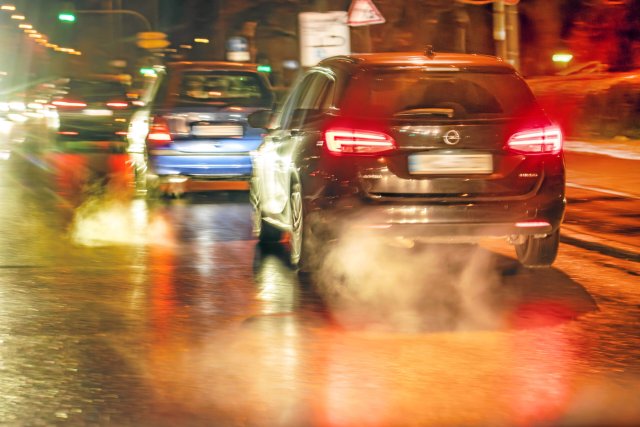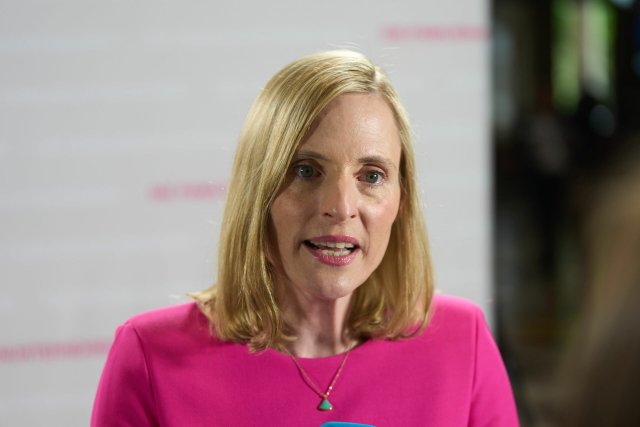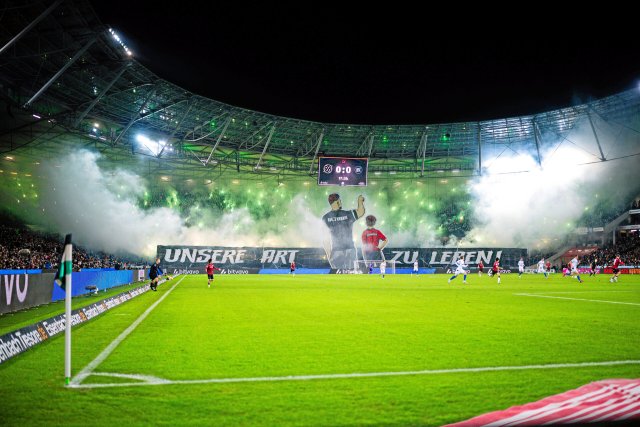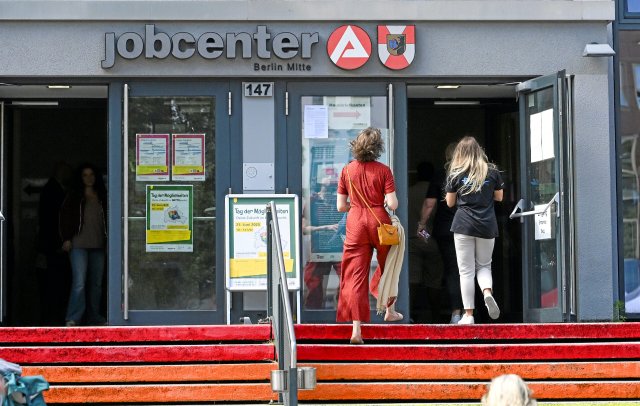- Kommentare
- Column »Red Flag«
Cyclist in Berlin: Your life is worth less than a parking space
Berlin's new government has put all new bike lanes on ice. Mayor Kai Wegner wants a return to the »car-friendly city« of the 1950s
Why can't we have nice things? Across Europe, cities are making room for cyclists: Paris, Amsterdam, Barcelona, and London are all building new bike lanes. Cars are clogging our cities, poisoning our lungs, running over our children, and burning our planet. Bicycles are an efficient and pleasant alternative.
Berlin's new government under Kai Wegner, however, hopes to demolish a swath of Friedrichshain to extend an inner-city highway. Four kilometers of Autobahn will cost upwards of a billion euros and destroy at least a dozen clubs.
And that's not all! Three weeks ago, Berlin's Transportation Senator Manja Schreiner announced that all new bike lanes are being put on hold. The moratorium applies to any project that would affect car lanes or parking spaces – so every single one. No one knows how many bike lanes are getting the axe. The Tagesspiegel counted at least 18, but it might actually be a great deal more.
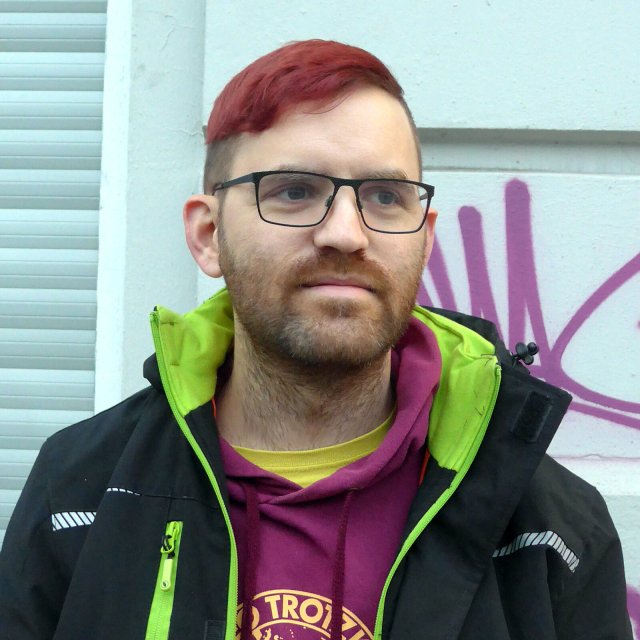
Red Flag is a column on Berlin politics by Nathaniel Flakin. It appeared in Exberliner magazine from 2020 to 2023 and found a new home at the Berlin newspaper nd – as their first content in English. If you like a regular dose of very local communist content, please share. Nathaniel is also the author of the anticapitalist guide book Revolutionary Berlin.
Die deutsche Version des Textes hier lesen.
With the first Covid lockdowns in early 2020, Berlin's districts created a few pop-up bike lanes. But even under Red-Green-Red, construction has been painfully slow. Last year, ten cyclists were killed on Berlin streets – you can find white-painted ghost bikes all over the city.
The day after the announcement of Schreiner, over 200 cyclists gathered in front of the Senate Administration for Transportation to protest. Last weekend, upwards of 10,000 people took to their bikes. Five years ago, an initiative collected over 100,000 signatures in favor of bike infrastructure, and that became part of Berlin's Mobility Law. Wegner and Schreiner want to throw this all away, and return to the »car-friendly city« of the 1950s. As Ragnhild Sørensen of the NGO Changing Cities told me: »For school children, the elderly, and everybody not going by car: your safety is now worth less than a parking space.«
Is the Senate even allowed to do that? As »nd« reported, the district council of Friedrichshain-Kreuzberg thinks these spontaneous changes to Berlin's budget are illegal. In this city, Bezirke are responsible for most roads, but they get money from the city – that's what's being »temporarily« suspended.
Schreiner, a member of the conservative CDU like Wegner, spent her whole career as a lobbyist for German industry and real estate speculators. She's still a lobbyist for fossil capital, but now with a government post. Some will claim this is democracy at work. In the elections last September, the CDU »won« with just 28.2% of votes. If you count people who didn't vote or were banned from voting, then just 13.6% chose the conservatives. One in seven Berliners is not much of a mandate to make the city go vroom, vroom, vroom.
The CDU gets its votes from Berlin's periphery – our city is a black ring around a green core. People living in the suburbs, in endless rows of single-family homes with two-car garages, want to get past poorer people in the inner city as quickly as possible, even if that means running over a Brown kid or two.
Berlin might just be too big. It's an enormous territory, nine times bigger than Paris. If Berlin were set up like Paris, the city limits would be just outside the S-Bahn Ring. We would have a green mayor and bikes everywhere. Instead, our new mayor is from Kladow – a tiny village separated from Berlin by a large body of water. Kladow seems nice enough, but it doesn't feel democratic to have car-obsessed villagers deciding on transport policy in our dense urban core.
This is no reason to give up hope! Berlin can still become a modern city, built for people instead of cars. We won't convince the CDU, the political arm of the automobile industry. But for 50 years, Berliners have been protesting against freeways and occupying construction sites. It's thanks to these protests that most of Kreuzberg 36 wasn't torn down to make way for Autobahns. With enough radicalism, we can force the government to create the bike infrastructure we need.
Andere Zeitungen gehören Millionären. Wir gehören Menschen wie Ihnen.
Die »nd.Genossenschaft« gehört ihren Leser*innen und Autor*innen. Sie sind es, die durch ihren Beitrag unseren Journalismus für alle zugänglich machen: Hinter uns steht kein Medienkonzern, kein großer Anzeigenkunde und auch kein Milliardär.
Dank der Unterstützung unserer Community können wir:
→ unabhängig und kritisch berichten
→ Themen ins Licht rücken, die sonst im Schatten bleiben
→ Stimmen Raum geben, die oft zum Schweigen gebracht werden
→ Desinformation mit Fakten begegnen
→ linke Perspektiven stärken und vertiefen
Mit »Freiwillig zahlen« tragen Sie solidarisch zur Finanzierung unserer Zeitung bei. Damit nd.bleibt.
